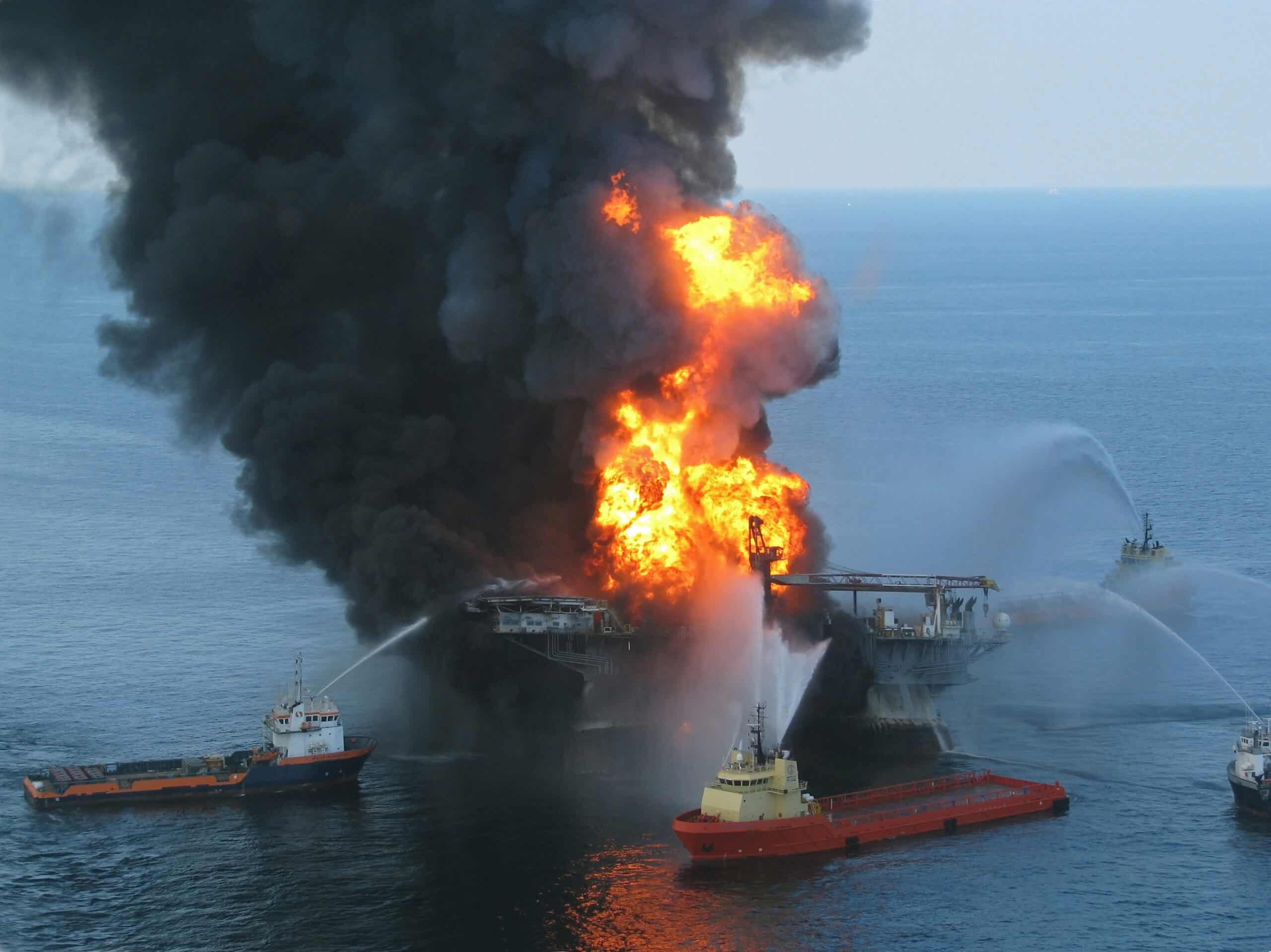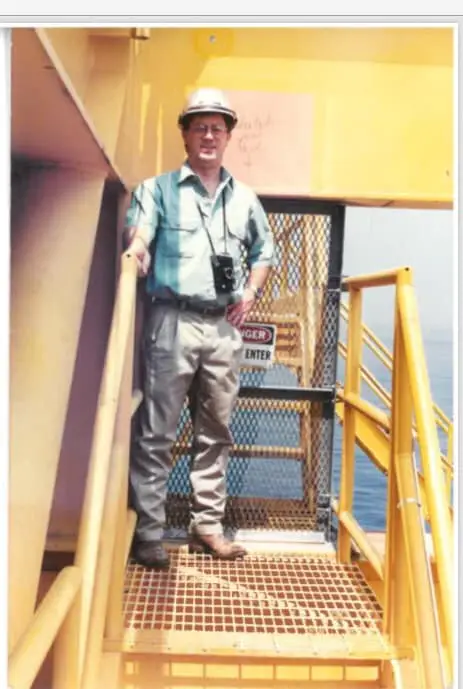If you were injured in an offshore oil accident, you may face a long recovery—or even permanent disability—with limited opportunity to work and provide for your family. You may be entitled to compensation for the harm you suffered. Unfortunately, according to the Bureau of Safety and Environmental Enforcement, offshore injuries are sustained every single day in the Gulf of Mexico. Offshore injury cases in Louisiana are usually very complex. The litigation involves some of the most complicated laws that any attorney can handle.
According to U.S. law, individuals who wish to claim compensation for their offshore injuries must do so before their statute of limitations expires. Should they fail to do so, they will almost certainly lose their right to file suit against the person or business that caused their offshore injury.
Therefore, if you have suffered any offshore injuries, it is vital you hire an experienced law firm to help navigate filing a suit. One that has worked out there, will travel out to a rig and isn’t afraid to get his hands dirty.
Due to his history on the rig, Craig Davis is well-versed in all laws that protect workers in case of an injury or the loss of their loved ones, including the Jones Act which protects American workers who are injured at sea.
When seamen and oil rig workers need an offshore injury lawyer to help them fight for compensation, they know that there is only one law firm they need to turn to.


Offshore rig working is extremely dangerous and unfortunately injuries and/or fatalities happen. According to the Bureau of Safety and Environmental Enforcement there were 199 injuries reported in 2022 due to offshore injuries. That is up from 2021 when there were 164 injuries. There have been 53 deaths offshore and 43 explosions since 2007.
If you have sustained injuries or you have lost a loved one due to an offshore accident, it’s important to have a law firm that knows how to fight to get you and your family the compensation you deserve. While no amount will ever bring back your loved one or will bring you back to pre accident life, we will do everything we can to make sure that financial worry is something you will never have to face again.
Louisiana is home to many offshore jobs in and around the Gulf. Unfortunately, offshore injury or accidents are far too common. Even worse, the possibility of experiencing a medical emergency out in the middle of the ocean makes working offshore very dangerous. Not all vessels and rigs are equipped with onboard medical facilities. When it comes to serious accidents, it can take much longer for a life flight helicopter to reach injured workers.
Craig and his staff understand the complexities of and offshore injuries and their cases. We have helped many victims of offshore injuries get the compensation they deserve after an accident. We fully understand the difficulties that workers face on large vessels.
Offshore platforms rank among the most dangerous worksites for workers from Lafayette, Louisiana and South Louisiana. They can lead to catastrophic offshore injuries. Nearly any type of injury can be suffered by workers and visitors to offshore sites and platforms.
Common offshore maritime injuries include:
When an accident or offshore injury happens at sea, what often happens is that injured offshore workers are taken back to shore for medical treatment. At the same time, their company may pressure them to sign documents waiving the worker’s rights or absolving the company of liability. However, as an offshore worker, you’re entitled to maintenance and cure, i.e. the full cost of your medical care and basic needs while you recover. Below is a group of questions we frequently answer when it comes to offshore injuries.
An offshore injury lawyer is an attorney who focuses on handling cases for offshore workers and their families after they’ve been injured or killed. They help the workers or their families recover medical costs, lost wages, and other damages resulting from the accident. If you’ve been injured at sea, you should speak with an offshore attorney as soon as possible, if only to learn your options.
The Merchant Marine Act—commonly referred to as the Jones Act—was passed in 1920. Among other things, it provides protections to offshore workers that they didn’t have previously. Before the Jones Act, injured offshore workers couldn’t hold companies liable for negligence and could only seek damages for the immediate costs of their medical care and living expenses. With the Jones Act, workers can seek compensation for the full scope of damages caused by a preventable offshore accident.
Offshore injuries can be life-changing. When a worker is injured offshore, filing a Jones Act claim can get them compensation for lost wages, medical bills, the loss of the ability to work, and the costs of future care. Every case is unique, and understanding what you might be able to recover is vital.
Yes, the Death on the High Seas Act (DOHSA) was passed in 1920 and allows families to seek financial compensation after a loved one was killed due to negligence at sea. If your loved one was wrongfully killed while at sea, you could seek compensation for their lost wages, loss of consortium, pain and suffering, and more.
No, a person cannot get blacklisted from the offshore industry for suing their employer. Company owners have spread this myth across the industry with the hope that it will deter workers from holding them accountable in court. Our firm has never seen this blacklist, and many of our clients have returned to working offshore after their case.
After an accident, workers want to believe that their company will treat them right. This isn’t unreasonable, because this is exactly what should happen. However, if a company offers a settlement shortly after an incident, it’s important to avoid signing or accepting anything. While it might seem like a company is doing the right thing, they usually aren’t. Often, settlements are much lower than a worker deserves, and they’re designed to absolve a company of liability as cheaply as possible.
Many law firms claim to handle offshore injury cases, but few can claim the level of experience and expertise it takes to successfully represent an offshore injury victim. Offshore injuries and accidents should only ever be handled by a offshore injury lawyer with a record of success taking on the big companies. Craig Davis is that offshore injury lawyer.
Our team has worked tirelessly on offshore injuries for years and should you need a lawyer, we would love to do the same for you.
NO FEE
Unless You Win
At Craig A. Davis, APLC, we serve the following areas. Lafayette, Youngsville, Broussard, Scott, New Iberia, Abbeville, Breaux Bridge, Carencro, Duson, Crowley, Rayne, Maurice, Erath, Jennings, Lake Charles, Grand Coteau, Houma, Delcambre, Iota, Jeanerette, Meaux, Sulphur, Opelousas.
Disclaimer: The legal information presented at this site should not be construed to be formal legal advice, nor the formation of a lawyer or attorney client relationship. Any results set forth herein are based upon the facts of that particular case and do not represent a promise or guarantee. Please contact a Personal Injury Attorney for a consultation on your particular matter. Please read our Privacy Policy